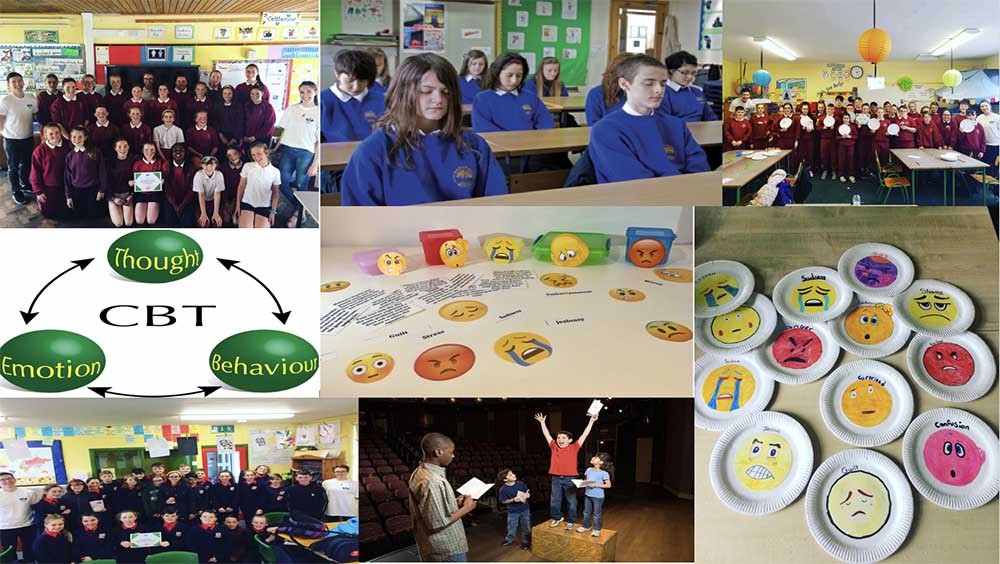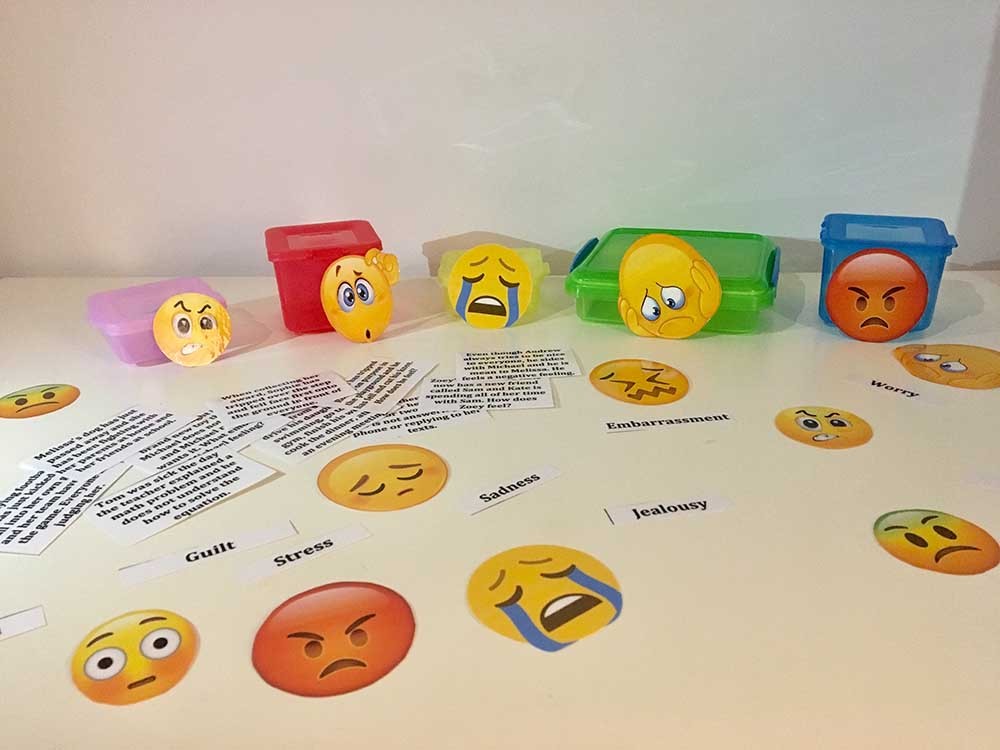
According to UNICEF, Ireland ranks 4th in the EU for adolescent suicides and number one in the EU for female adolescent suicides. The rate of young girls presenting with self-harm has risen by 189% in the past 10 years.
Motus Learning is an organisation that was set up by psychology graduate, Christopher Shum, who is trying to find an alternative solution to the mental health epidemic.
Mr Shum said: “It’s very clear that we have a problem. Every day, we hear people complaining about how mental health services in the country are not good enough, and they’re not. But did you know that even when clients with mental health issues are treated with cognitive behavioural therapy or medication, the recovery success rate is only approximately 67%. Not only are our mental health services not funded enough. At highest efficiency, they’re not good enough.”
“We have completed the program in over 50 schools, including Ogonelloe National School, Kilmihil National School and Moveen National School, and we are booked into several more schools in Ennis, Whitegate, Sixmilebridge and other parts of Clare after the new year.
In addition, we have also created new programs for secondary and special schools that we will begin rolling out in the New Year and we also have an app coming out that is going to ensure that teachers can maintain a positive mental health environment in the classroom. However, what is most important to us is that we are transforming the lives of our future generations. We are not only preventing future mental health problems. We are also promoting every child’s true potential,” Mr Shum added.

In an ideal world, all health models would be directed towards prevention. Nobody would over-consume sugar or tobacco, the world would drink in moderation, and everyone would exercise. Unfortunately, this is not viable because people enjoy unhealthy lifestyles too much and they know that if their lifestyle does result in physical health problems, they can reverse them through operations, medication or eventual lifestyle changes.
However, the situation is different for mental health because of the stigma. The gravest consequence of a mental health problem is suicide or else being branded as the person with depression or anxiety. And people don’t want that. So the country want a solution, but they’re not willing to pay for it. Well what if we educated children on how to take care of their mental health rather than waiting for the problem to happen? And this is then a doubled edged sword. By normalising mental health education in the classroom, we are also reducing the stigma. Over time, children will see mental health as the equivalent of history or science. Children then know how to identify if they are having a mental health issue and how to regulate their emotions when they are not feeling the best.
Motus Learning provides mental health programs for primary and secondary schools, which involves young and energetic psychologists coming into schools and teaching children about psychological theories that can help boost resilience, improve emotional intelligence and promote positive mental health.

Over the past two years, the 7 Steps to Emotional Intelligence program was designed and it has had consultation from University College Cork, the National Health Service in the UK, University College London, Clinical Psychologists and primary school teachers. The 7 Steps Program teaches the children exactly what emotions are, how to use cognitive behavioral therapy in their day to day lives, how their brains work, lifestyle factors to ensure better mental health, how to be resilient in difficult situations and how to communicate better through empathy and social skills.
Mr Shum said. “The reason the program took so long to develop is because we wanted to make sure that the children had fun while learning about how to take care of their mental health. As a result, the workshops involve games and activities so the children learn while having fun.”
“Our program involves a full school day program or a three day program alongside a short mental health assessment to check up on children, teaching resources and a parent/teacher seminar to ensure that the education can be maintained at home and throughout the school environment,” he concluded.